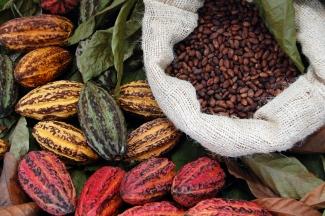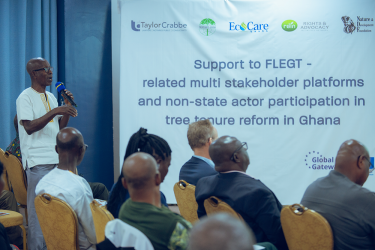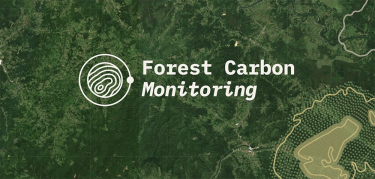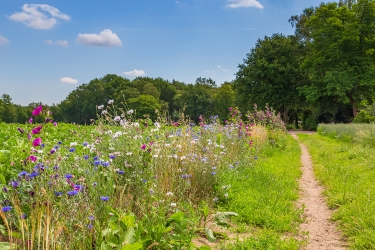Agricultural commodity trader responses and the effectiveness of the new EU deforestation proposal

The EU consumes significant amounts of products made from agricultural commodities, such as cocoa, palm oil, and soy, and the related agricultural expansion of these commodities causes vast forest loss in countries of production in Africa, Latin America, and Southeast Asia. Various trading companies operate supply chains across the globe and move the products to Europe for our consumption, making them important actors in controlling forest loss linked to agricultural products. In the coming years, new EU regulations will set increased obligations for traders in order to reduce EU market-driven forest loss. However, it is not sure how traders will react to the new regulations and how their decisions could influence the impact of the EU regulation to limit EU market-driven deforestation.
A new policy brief by the NewGo! project investigates the strategies that traders could engage in in response to the European Commission’s proposal for an EU Regulation to minimise EU market-driven forest loss. Based on interviews with cocoa, palm oil, and soy traders, as well as supply chain specialists like consultants and NGOs, the policy brief found that due to reasons related to costs and supply chain logistics, traders appear likely to supply the EU with deforestation-free products, while redirecting volumes of products still associated with deforestation to other markets with less strict regulations. This could severely limit the new EU regulation’s impact on reducing total forest loss in producing regions.
Read the new policy brief here to explore in greater detail how traders could respond to the new EU market regulations and how the regulation’s effectiveness to limit deforestation could be increased.
The original post by Mathias Cramm was first published on the Resilience blog.
Photo: Yai /AdobeStock


